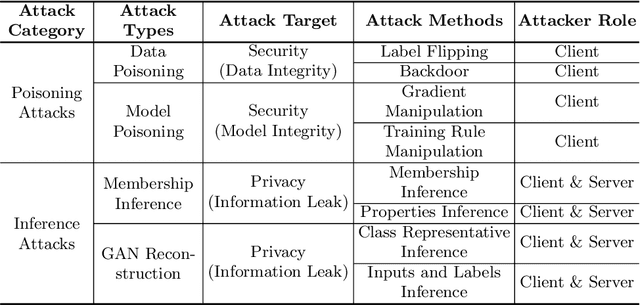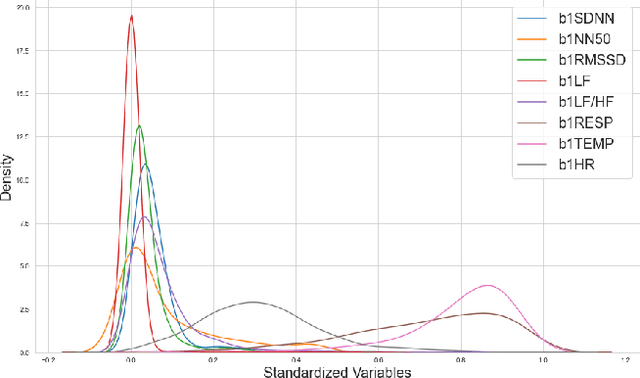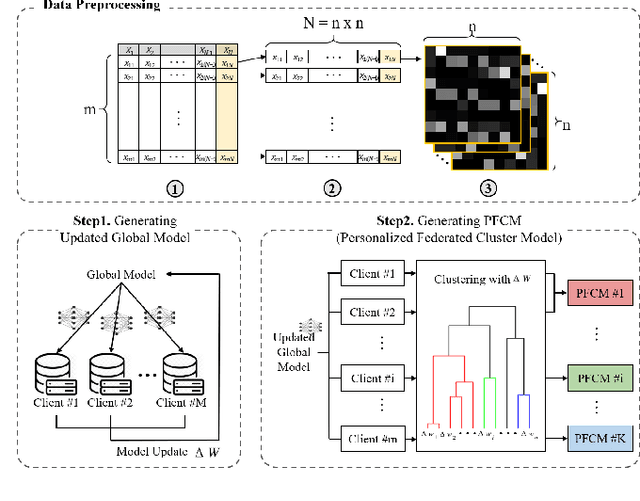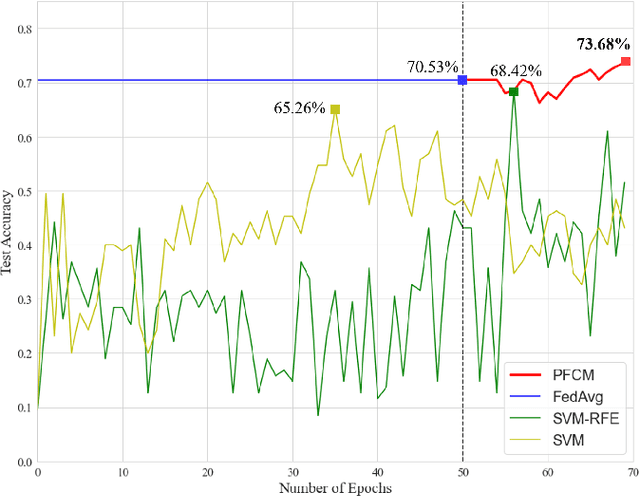Joo Hun Yoo
3D-EDM: Early Detection Model for 3D-Printer Faults
Mar 23, 2022


Abstract:With the advent of 3D printers in different price ranges and sizes, they are no longer just for professionals. However, it is still challenging to use a 3D printer perfectly. Especially, in the case of the Fused Deposition Method, it is very difficult to perform with accurate calibration. Previous studies have suggested that these problems can be detected using sensor data and image data with machine learning methods. However, there are difficulties to apply the proposed method due to extra installation of additional sensors. Considering actual use in the future, we focus on generating the lightweight early detection model with easily collectable data. Proposed early detection model through Convolutional Neural Network shows significant fault classification accuracy with 96.72% for the binary classification task, and 93.38% for multi-classification task respectively. By this research, we hope that general users of 3D printers can use the printer accurately.
Federated Learning: Issues in Medical Application
Sep 01, 2021



Abstract:Since the federated learning, which makes AI learning possible without moving local data around, was introduced by google in 2017 it has been actively studied particularly in the field of medicine. In fact, the idea of machine learning in AI without collecting data from local clients is very attractive because data remain in local sites. However, federated learning techniques still have various open issues due to its own characteristics such as non identical distribution, client participation management, and vulnerable environments. In this presentation, the current issues to make federated learning flawlessly useful in the real world will be briefly overviewed. They are related to data/system heterogeneity, client management, traceability, and security. Also, we introduce the modularized federated learning framework, we currently develop, to experiment various techniques and protocols to find solutions for aforementioned issues. The framework will be open to public after development completes.
Personalized Federated Learning with Clustering: Non-IID Heart Rate Variability Data Application
Aug 11, 2021



Abstract:While machine learning techniques are being applied to various fields for their exceptional ability to find complex relations in large datasets, the strengthening of regulations on data ownership and privacy is causing increasing difficulty in its application to medical data. In light of this, Federated Learning has recently been proposed as a solution to train on private data without breach of confidentiality. This conservation of privacy is particularly appealing in the field of healthcare, where patient data is highly confidential. However, many studies have shown that its assumption of Independent and Identically Distributed data is unrealistic for medical data. In this paper, we propose Personalized Federated Cluster Models, a hierarchical clustering-based FL process, to predict Major Depressive Disorder severity from Heart Rate Variability. By allowing clients to receive more personalized model, we address problems caused by non-IID data, showing an accuracy increase in severity prediction. This increase in performance may be sufficient to use Personalized Federated Cluster Models in many existing Federated Learning scenarios.
 Add to Chrome
Add to Chrome Add to Firefox
Add to Firefox Add to Edge
Add to Edge